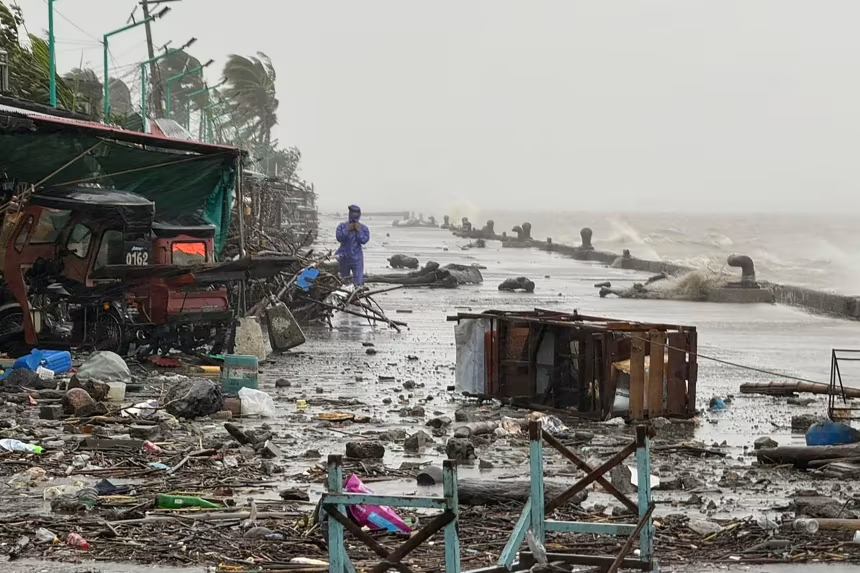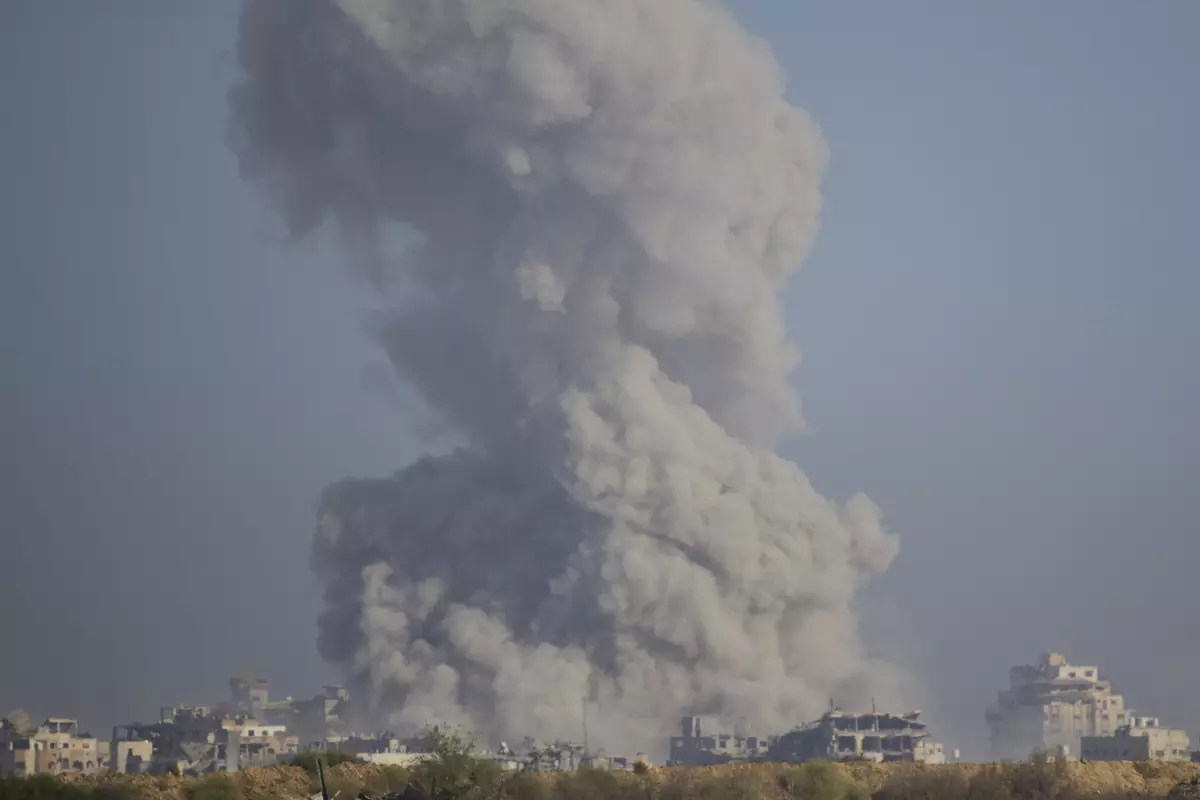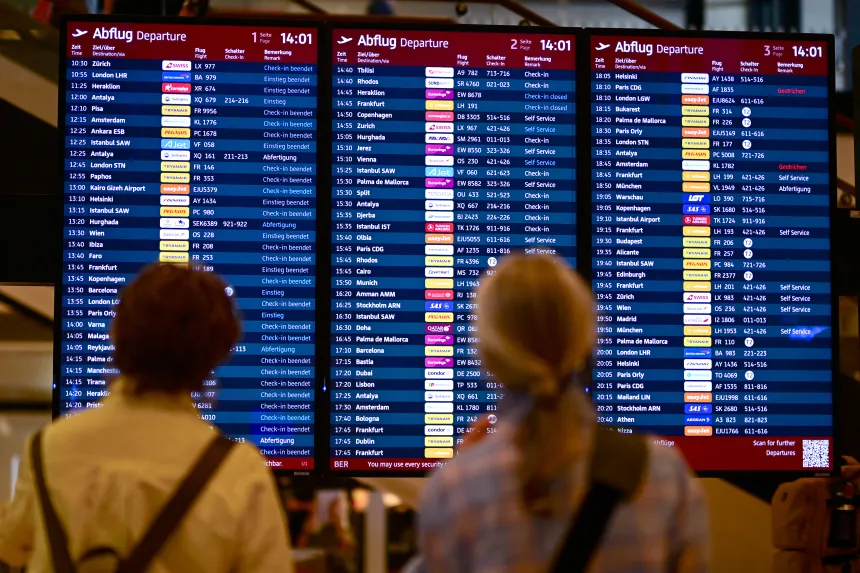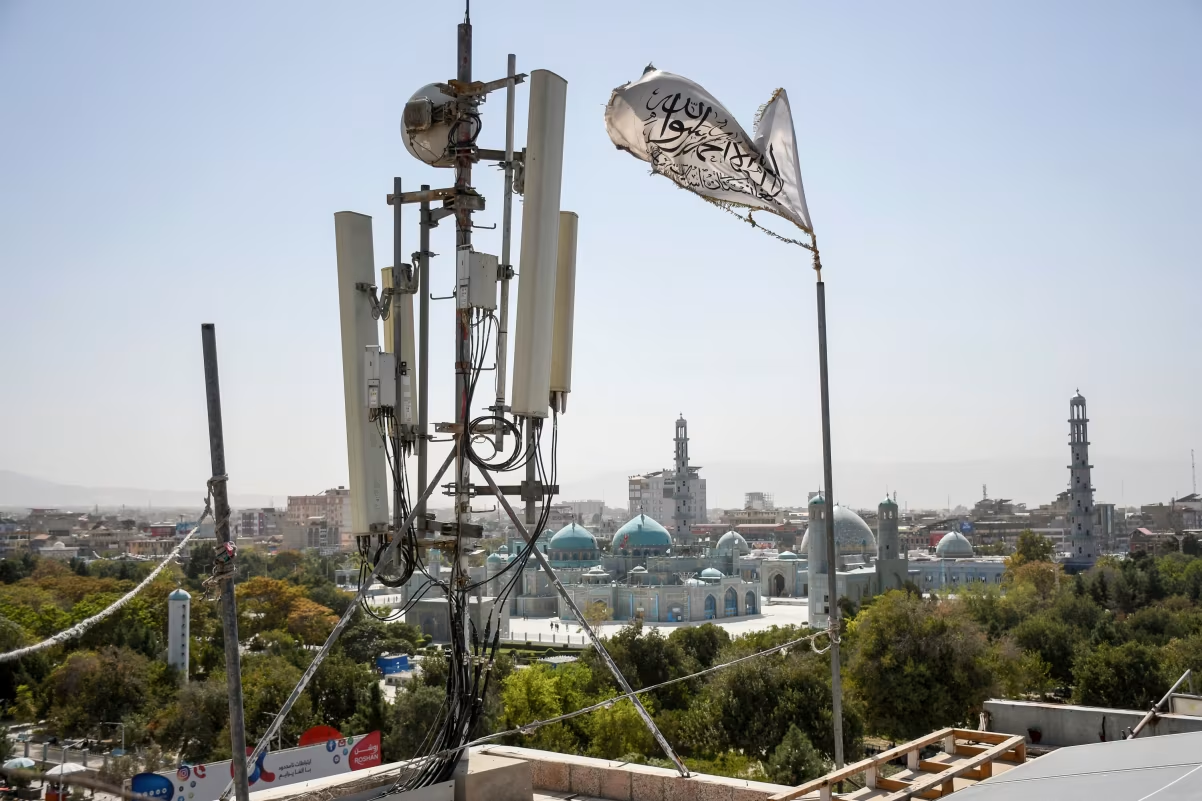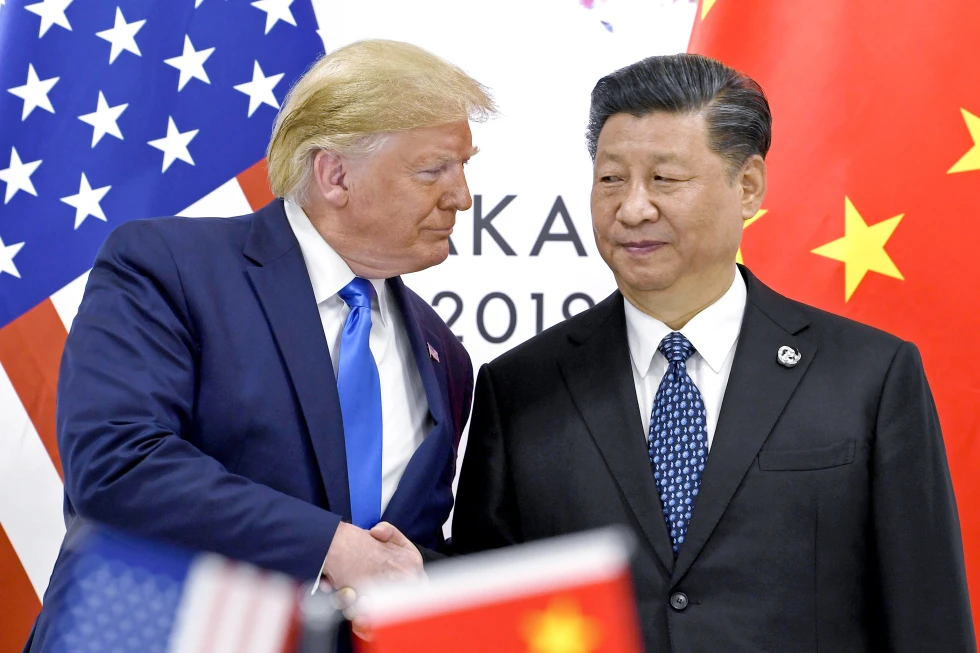As tensions continue to escalate between Pakistan and India, the United Nations Security Council (UNSC) has urged both nations to prioritize dialogue and diplomacy to avoid a military confrontation. The UNSC emphasized the need for peaceful conflict resolution in light of the ongoing crisis.
This call came during a closed-door consultation session held on Tuesday under the agenda item “The India-Pakistan Question,” which was convened at Pakistan’s request. The “India-Pakistan Question” remains one of the oldest issues on the UNSC’s agenda, primarily addressing the longstanding Jammu & Kashmir dispute.
The meeting took place following Pakistan’s diplomatic victory at the UNSC, where it successfully blocked India’s attempt to push a resolution that blamed Pakistan for the recent Pahalgam incident and included language that aligned with India’s position on Kashmir.
The UNSC discussed the increasingly volatile security situation in the region, particularly the escalating tensions between India and Pakistan, and the ongoing situation in Indian Illegally Occupied Jammu and Kashmir (IIOJK). Pakistan’s Foreign Office (FO) highlighted that this session was convened in response to India’s unilateral actions and provocative statements that have raised the risk of military confrontation, threatening both regional and global peace and security.
Pakistan’s Permanent Representative to the UN, Ambassador Asim Iftikhar Ahmad, strongly condemned India’s provocative measures, including its aggressive military posturing and the unilateral decisions made on April 23. He warned that these actions were not only unjustified but also dangerous, potentially leading to catastrophic consequences.
The council was briefed on intelligence indicating an imminent threat of military action by India, stressing that Pakistan is fully prepared to defend its sovereignty and territorial integrity. Pakistan reaffirmed its commitment to exercising its inherent right to self-defense, as outlined in the UN Charter, should aggression occur. However, Pakistan emphasized that it does not seek escalation and continues to advocate for peaceful resolutions.
In addition, the meeting addressed India’s unilateral decision to suspend the 1960 Indus Waters Treaty, which governs the use of water resources between the two nations. Pakistan warned that any attempt by India to obstruct or divert its share of river waters would be considered an act of war.
The council expressed deep concern over the growing risk of escalation in the region and underscored the urgent need for de-escalation and restraint. Several members highlighted the Kashmir dispute as the root cause of regional instability and called for its resolution in line with UNSC resolutions and the aspirations of the Kashmiri people.
Furthermore, the UNSC members emphasized the importance of respecting international law, particularly regarding India’s suspension of the Indus Waters Treaty, and reiterated their call for peaceful negotiations to prevent further conflict.





